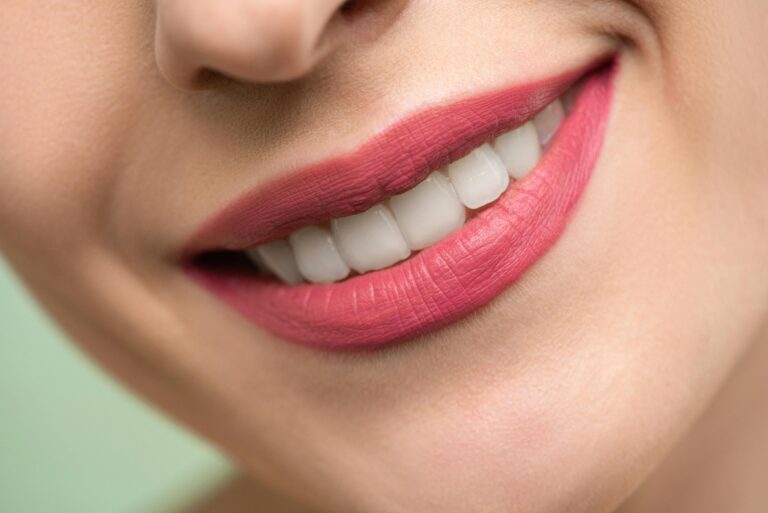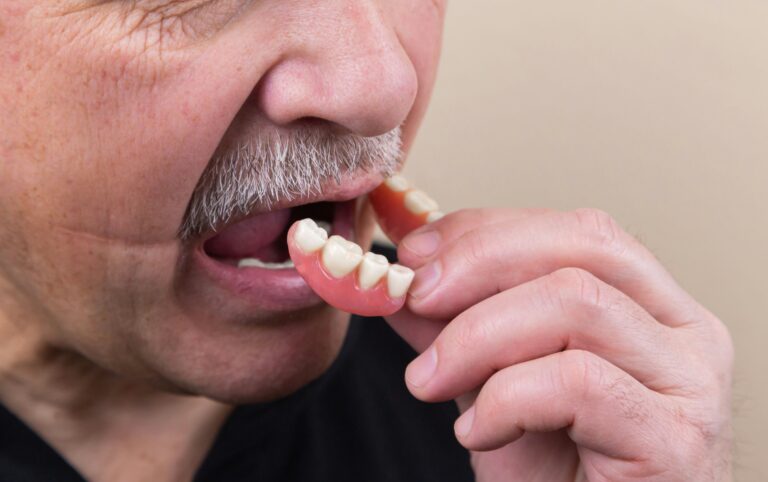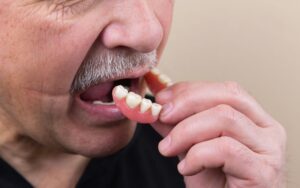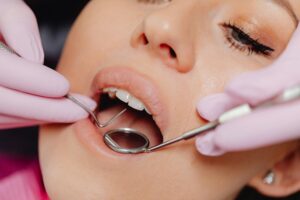Why quitting smoking is crucial for your teeth and gums
Smoking is a habit that can have far-reaching effects on your health. One area that often gets overlooked is oral health.
The impact of smoking on oral health is significant. It’s not just about stained teeth and bad breath.
Smoking can lead to serious oral health issues. These include gum disease, tooth decay, and even oral cancer.
Quitting smoking is crucial for maintaining dental hygiene. It can reduce the risk of these conditions and improve your overall oral health.
In this article, we’ll delve into the oral health effects of smoking. We’ll also discuss the importance of quitting smoking for your teeth and gums.
Join us as we explore this vital topic. Your oral health is worth it.
Understanding the Oral Health Effects of Smoking
Smoking affects your oral health in many ways. It’s not just about the visible effects, like stained teeth.
The chemicals in tobacco smoke can harm your mouth’s soft tissues. They can also affect the bone that supports your teeth.
Here are some of the key oral health effects of smoking:
- Increased risk of gum disease
- Higher likelihood of tooth decay
- Greater chance of oral cancer
- Delayed healing after dental procedures
- Increased risk of tooth loss
The Link Between Smoking and Gum Disease
Gum disease is a common issue among smokers. The nicotine in cigarettes restricts blood flow to the gums.
This can lead to gum disease, also known as periodontal disease. It’s an infection of the gums that can lead to tooth loss.
Smokers are more likely to have gum disease than non-smokers. The more cigarettes you smoke, the higher your risk.
Smoking and Tooth Decay: A Dangerous Combination
Smoking also increases your risk of tooth decay. This is due to the effect of tobacco on saliva production.
Saliva helps to wash away food particles and neutralize acids. When its production is reduced, the risk of tooth decay increases.
Smokers are twice as likely to suffer from tooth decay as non-smokers. This is another compelling reason to quit.
Oral Cancer: A Grim Reality for Smokers
Perhaps the most serious oral health effect of smoking is oral cancer. Smoking tobacco significantly increases your risk.
Oral cancer can affect any part of your mouth. This includes your lips, tongue, cheeks, and the floor and roof of your mouth.
Quitting smoking can greatly reduce your risk of oral cancer. It’s never too late to quit.
The Importance of Quitting Smoking for Oral Health
Quitting smoking is crucial for your oral health. It’s not just about reducing your risk of serious diseases.
Quitting can also improve your day-to-day oral health. It can make a big difference to your dental hygiene routine.
Here are some of the key benefits of quitting smoking for oral health:
- Reduced risk of gum disease
- Lower likelihood of tooth decay
- Decreased risk of oral cancer
- Improved healing after dental procedures
- Lower risk of tooth loss
How Quitting Smoking Benefits Your Mouth
When you quit smoking, your mouth starts to heal. The blood flow to your gums improves.
This can help to reverse the effects of gum disease. It can also reduce your risk of tooth loss.
Quitting smoking can also improve your sense of taste and smell. This can make food more enjoyable.
Strategies to Quit Smoking and Improve Dental Hygiene
Quitting smoking can be tough. But there are strategies that can help.
First, set a quit date. This gives you a clear goal to aim for.
Next, find a support network. This could be friends, family, or a quit smoking group.
Finally, talk to your dentist. They can provide advice and resources to help you quit.
Overcoming the Challenges: Support and Resources for Quitting
Quitting smoking is a journey. It’s not always easy, but there are resources available to help.
Nicotine replacement therapy, prescription medications, and behavioural therapy can all aid in the quitting process. Support groups, both in-person and online, can provide a community of individuals facing the same challenges.
Here are some resources to consider:
- Nicotine replacement therapy products
- Prescription medications for smoking cessation
- Behavioural therapy and counselling services
- Online support groups and forums
- Mobile apps designed to help you quit smoking
Remember, it’s okay to ask for help. You’re not alone in this journey.
Conclusion: Embracing a Healthier Lifestyle for Your Oral Health
Quitting smoking is a significant step towards improving your oral health. It reduces the risk of gum disease, tooth decay, and oral cancer. It also leads to better breath, whiter teeth, and healthier gums.
Beyond oral health, quitting smoking improves overall health. It reduces the risk of heart disease, lung disease, and various types of cancer. It also leads to improved senses of taste and smell.
In conclusion, the importance of quitting smoking for oral health cannot be overstated. It’s a challenging journey, but the benefits are worth it. Your mouth, and your body, will thank you.








